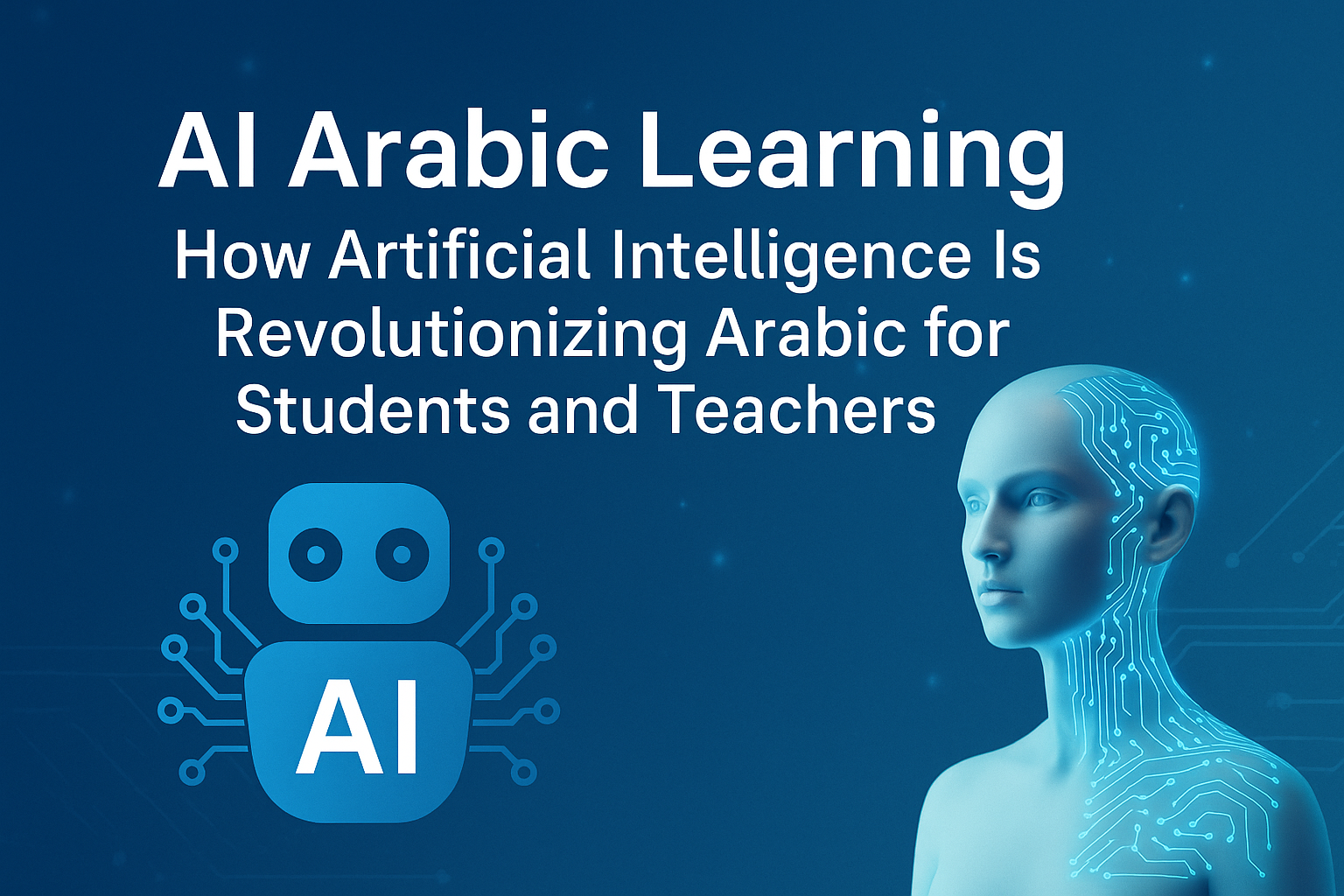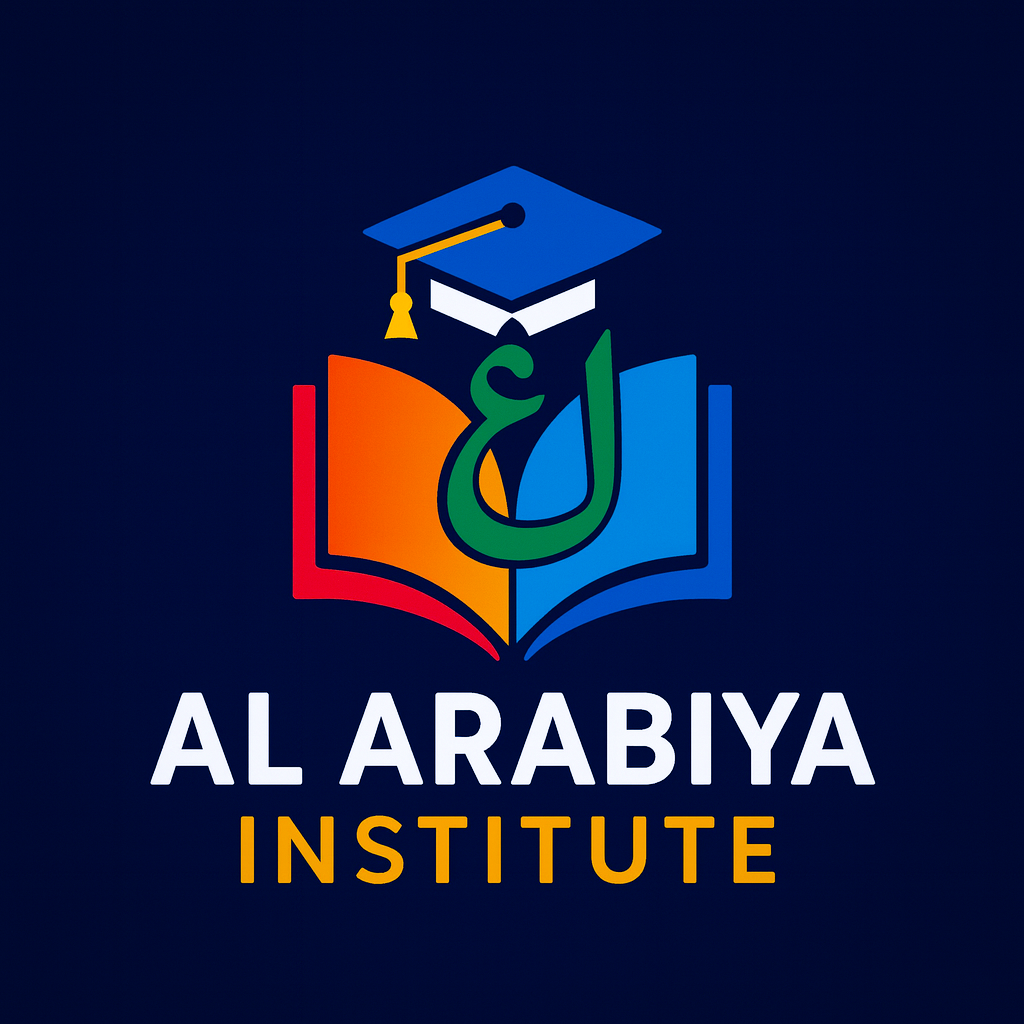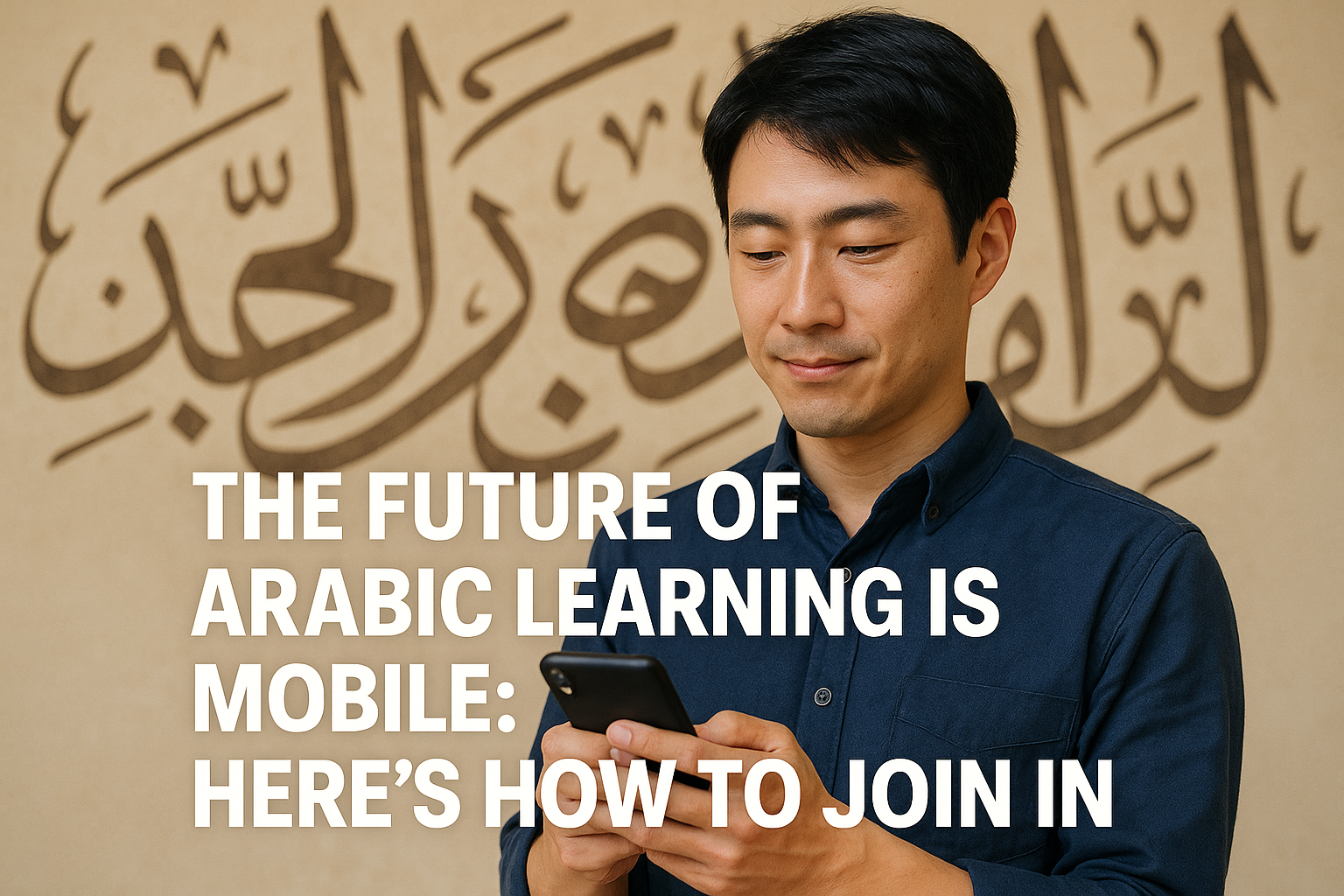AI Arabic Learning: How Artificial Intelligence Is Revolutionizing Arabic for Students and Teachers

The world of language education is rapidly evolving, and AI Arabic learning is at the forefront of this transformation. Whether you’re a student beginning your journey in Arabic or a teacher searching for more effective ways to deliver lessons, artificial intelligence (AI) is making a huge impact in the way Arabic is taught and learned.
From intelligent tutoring systems and personalized feedback to automated speech recognition and smart flashcard apps, AI is opening new doors for learners of Arabic worldwide. In this article, we’ll explore how AI Arabic learning is revolutionizing both traditional and online methods, and why platforms like Al Arabiya Institute are among the best choices for affordable, high-quality Arabic courses—with free trial lessons included.
The Shift to AI in Language Learning
For years, language learners had to rely heavily on static textbooks, language labs, and in-person classes. While these methods still have their place, they often lack personalization, immediate feedback, and interactive content. AI changes all of that.
With the rise of AI Arabic learning, students now have access to tools that adapt to their level, learning style, and goals. For instance, AI-based platforms can evaluate a student’s pronunciation in real time, identify common grammar mistakes, and suggest tailored exercises to strengthen weak areas.
Teachers, too, are benefiting. AI helps them monitor student progress more efficiently, automate repetitive tasks, and provide a more customized learning experience.
What Is AI Arabic Learning?
Simply put, AI Arabic learning refers to using artificial intelligence technologies to enhance how Arabic is taught and learned. These technologies include:
-
Natural Language Processing (NLP)
-
Speech Recognition
-
Machine Learning
-
Chatbots
-
Language Models (like ChatGPT)
-
Smart Analytics
When integrated into learning platforms or teaching methods, these technologies help automate assessments, create dynamic learning paths, and make the Arabic learning process more engaging and effective.
1. Personalized Learning Paths for Arabic Students
One of the most powerful features of AI in education is its ability to personalize content. Every Arabic learner is unique—some may struggle with grammar, while others may need more listening practice. AI-driven platforms assess performance data to identify strengths and weaknesses, then create custom study plans.
For example, an AI Arabic learning app can:
-
Recommend specific vocabulary based on a student’s interest (e.g., business, religion, travel).
-
Provide grammar drills tailored to common student errors.
-
Adjust the difficulty of reading passages depending on fluency level.
At Al Arabiya Institute, we also adopt a personalized approach by offering students one-on-one lessons, where AI tools are used alongside expert human instruction. This hybrid model ensures high-quality teaching with the added power of modern technology.
2. AI-Powered Arabic Pronunciation Practice
Mastering Arabic pronunciation and Tajweed can be challenging, especially for non-native speakers. Luckily, AI-powered speech recognition software can analyze pronunciation in real-time and provide instant feedback.
Apps like Elsa Speak and Google’s Read Along are increasingly being used by Arabic learners to practice pronunciation and improve fluency. These tools evaluate speech against native-speaker models and highlight syllables or letters that need correction.
At Al Arabiya Institute, many of our students benefit from integrated speech tools during their lessons, helping them improve their Arabic phonetics, intonation, and fluency much faster than traditional methods alone.
3. AI-Powered Vocabulary and Flashcard Systems
Vocabulary building is a cornerstone of Arabic learning. With AI-based systems like Anki or Memrise, learners can access spaced repetition algorithms that optimize how and when words are reviewed for better long-term retention.
The smart nature of these apps means they:
-
Learn which words you struggle with and present them more frequently.
-
Introduce new words only when you’re ready.
-
Adapt based on how quickly or slowly you answer.
AI Arabic learning tools like these save time and boost efficiency, especially when used in conjunction with live instruction from skilled teachers—such as those at Al Arabiya Institute, where students receive curated vocabulary lists alongside smart flashcard tools.
4. Grammar and Writing Assistance in Arabic
Arabic grammar can be tricky due to its complexity and structure. AI-powered writing assistants now help learners write better Arabic by automatically checking grammar, syntax, and even style.
While tools like Grammarly are more developed for English, similar AI tools are emerging for Arabic. For instance:
-
Some browser extensions now offer Arabic grammar corrections.
-
AI writing apps allow students to draft texts and receive feedback in MSA (Modern Standard Arabic).
These tools are invaluable for students writing essays, emails, or homework in Arabic.
At Al Arabiya Institute, our teachers guide students in using these tools effectively, combining traditional instruction with the best that AI Arabic learning has to offer.
5. AI Chatbots and Conversation Practice
Another area where AI is revolutionizing Arabic learning is conversational practice. One of the biggest hurdles in learning any language is finding someone to talk to. AI chatbots now offer:
-
24/7 Arabic conversation partners.
-
Situational dialogue practice (e.g., at a hotel, restaurant, market).
-
Instant translations and contextual feedback.
Platforms like ChatGPT can simulate natural conversations in Arabic, role-play dialogues, or help students translate and understand idiomatic phrases.
While AI is a powerful supplement, it doesn’t replace the value of human interaction. That’s why Al Arabiya Institute combines real teacher-led conversations with tech-based tools, giving students the best of both worlds.
6. Smart Analytics for Teachers and Institutes
For educators, AI Arabic learning offers robust tools for tracking student progress, analyzing performance trends, and identifying areas needing attention. This helps teachers provide focused support where it’s needed most.
Institutes can also use AI analytics to:
-
Improve curriculum design.
-
Predict student success or dropout risks.
-
Measure engagement and outcomes.
At Al Arabiya Institute, we harness smart reporting tools to tailor lessons to each student’s learning journey and make data-driven improvements in our programs.
7. Cost-Effective and Accessible Learning
AI-based Arabic learning tools are often more affordable and scalable than traditional methods. This makes them ideal for self-learners or those with limited budgets.
Al Arabiya Institute stands out as one of the best online platforms offering:
-
Affordable Arabic courses
-
Certified and experienced teachers
-
Modern teaching methods
-
Free trial lessons to help students get started risk-free
We believe in making Arabic learning accessible to all, and our integration of AI tools helps us deliver top-tier education without the premium price tag.
8. AI for Arabic Dialects and Media Arabic
While most tools focus on Modern Standard Arabic, AI is now being used to teach dialects like Egyptian, Levantine, or Gulf Arabic. These tools use NLP to recognize regional variations and teach real-life usage.
Some advanced platforms also offer AI-generated subtitles for Arabic media, helping students learn from news broadcasts, YouTube channels, or shows.
At Al Arabiya Institute, we offer specialized programs in both Media Arabic and colloquial dialects, and we’re incorporating AI into these areas to provide students with real-world context and fluency.
Final Thoughts: The Future of AI Arabic Learning
AI is not here to replace teachers—it’s here to empower learners and educators alike. From speech recognition and grammar correction to personalized study plans and chatbots, AI Arabic learning is transforming the way Arabic is taught and learned around the world.
If you’re looking for a comprehensive and affordable way to learn Arabic—with the support of real teachers and smart AI tools—look no further than Al Arabiya Institute. Our institute offers:
-
High-quality online Arabic courses
-
Personalized learning paths
-
Expert teachers with years of experience
-
Modern teaching methods with AI integration
-
Free trial lessons for all new students
Don’t miss the opportunity to join the future of Arabic education. Try a lesson with us today and experience how AI Arabic learning can accelerate your fluency and confidence.
👉 Visit Al Arabiya Institute and book your free trial lesson now!








